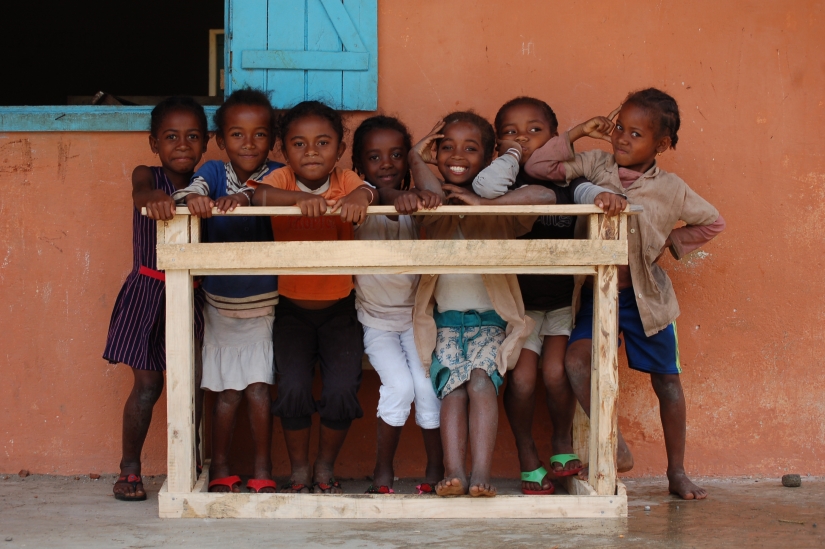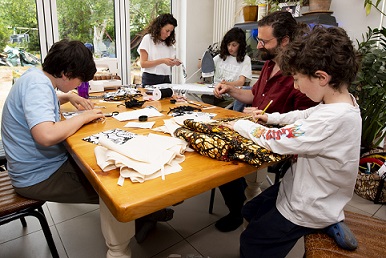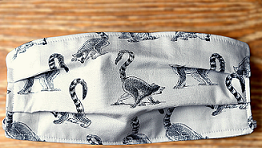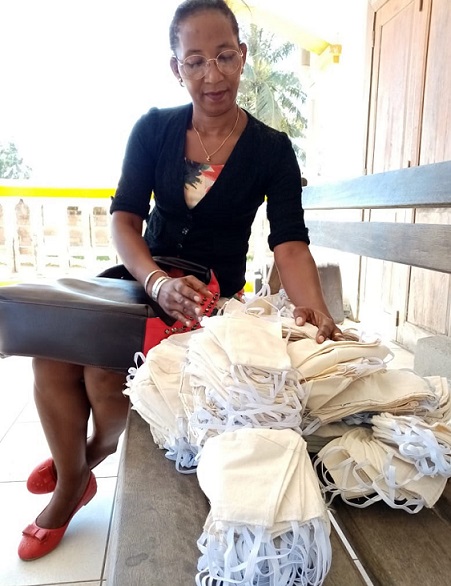There’s certainly no shortage of options when it comes to reusable face masks, with everyone from Thought Clothing and Plastic Freedom, to Urban Green Company offering their own versions of eco-friendly masks. Even local shops are selling masks handmade by people in the community as a way of fundraising for others in the area. We love knowing that our face masks aren’t harming the planet and are giving back to others, so were excited to hear about SEED Madagascar‘s initiative.
Cruelty Free Beauty
- 4 signs you have low iron levels
- Zero Waste Beauty: Adopt a green routine with these sustainable products
- This eco-friendly beauty box is packed with refillable multi-taskers
- “I find myself using it even when I don’t need to!”
- Arctic-inspired natural skincare brand launches in the UK
- Green People launches beauty balm packaged in 100% biodegradable pot
- Lush launches same-day delivery service for its iconic handmade cosmetics
- “This cruelty-free tanning water gave me the confidence boost I needed”
- rho launches sustainable loungewear that gives back
- Rose & Caramel Raises Awareness For Women’s Self-Esteem & Mental Health With ‘I TAN FOR ME’ Campaign
- Couple launches entirely plant-based and refillable deodorant on Kickstarter
- View all
Eco Living
- Simple Hacks to Cut Your Food Waste with Gino D’Acampo
- Five Easy Ways to Reduce Food Waste
- Eat these foods to boost your mood
- Upgrade Your Cheese Toastie
- Have a healthy Christmas with these festive food swaps
- Omega-3 Health Benefits
- 5 minutes with Max La Manna
- A nutritionist’s guide to eating for healthy joints
- Easy ways to achieve your health goals
- Discover the benefits of raisins on a vegetarian diet
- Improve your gut health with California Raisins
- View all
Vegan Recipes
- Quorn Vegan Hot & Spicy Burger with Pink Slaw
- Tomato and Pumpkin Soup
- Pea and elderflower cocktail
- Matcha Coconut Ice Cream
- Vegan Lemon Bars
- Mango Salad with Thai Dressing
- Garden Gimlet
- Tofu & Green Beans Teriyaki
- Cornflakes Bombay
- Rainbow Pickle
- Soba noodles with kale and collards
- View all
Popular recipes
- Spinach and ricotta quiche vegetarian recipe
- Cheats mushroom and spinach lasagne vegetarian recipe
- Lentil bolognese vegetarian recipe
- Creamy mushroom stroganoff vegetarian recipe
- Malaysian Rendang curry vegetarian recipe
- Feta, Butternut Squash, Caramelised Onion and Cashew Nut Wellingtons
News
- Simple Hacks to Cut Your Food Waste with Gino D’Acampo
- Aldi Has Launched Its First Vegan Skincare Range
- Warning For UK Shoppers Over Toxic Toys
- ProVeg Launches Veggie Challenge App for Plant-Based Lifestyle
- Your coronavirus mask could support vulnerable communities in Madagascar
- VegFestUK goes virtual for 2020
- Caffe Nero launches plant-based menu options
- Nourish London collaborates with Freeset to create gifts that give back
- Linda McCartney’s brings back its popular Vegemince
- Wagamama’s new food concept is all about sustainability
- Big Butterfly Count calls on public to help with conservation efforts
- View all
Your coronavirus mask could support vulnerable communities in Madagascar


The environmental and humanitarian charity works to help the people and animals of the African island through various projects such as building toilets and schools, to protecting turtles nesting sites and improving primate habitats.
During Coronavirus pandemic, the people of Madagascar, which is one of the world’s poorest countries, have faced additional challenges. Few health services exist, people suffer compromised immune systems, and mortality rates are among the worst in the world. With an estimated 10% of the population predicted to die from the pandemic, face masks have become incredibly important to prevent the spread of the virus.

Helping to address the issue and provide vital support for the people of Madagascar, SEED Madagascar is now selling face masks produced in the UK for £5, featuring one of Madagascar’s most iconic inhabitants, the ringed lemur! Your purchase will go a long way in supporting local communities, and volunteers are also being asked to help create masks for sales in the UK.
The proceeds from the masks’ sales will help to fund the charity’s production and distribution of masks to local communities, and will go towards commissioning masks to be made by skilled community members on the island.

“We can’t over estimate how vitally important helping those in Madagascar with the spread of COVID-19 is,” Mark Jacobs, SEED Madagascar director, said. “It’s been difficult controlling the virus in rich, developed countries, so it’s terrifying to think about what the final toll might be in poor, developing countries.”
To find out more, visit: madagascar.enthuse.com




